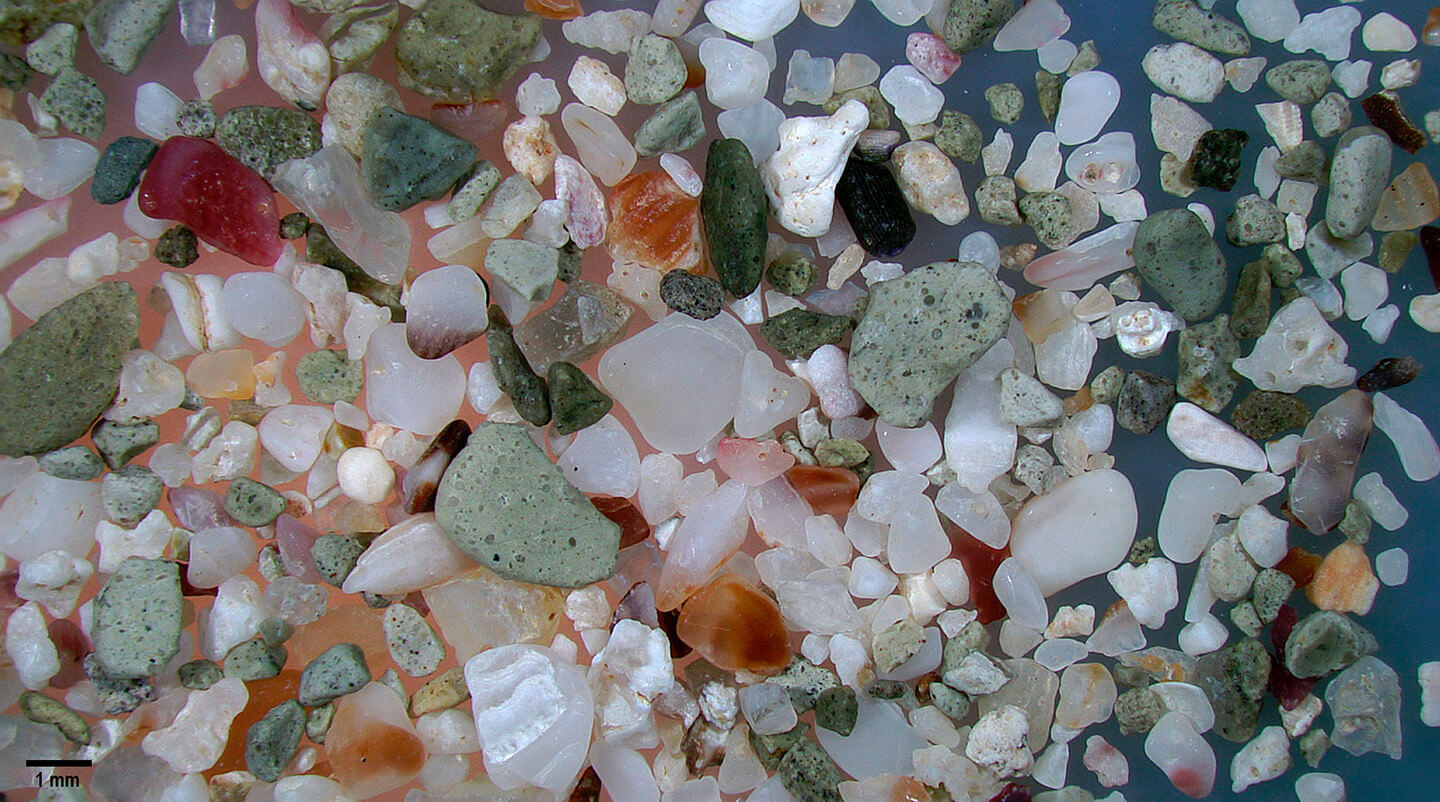Sand from the lake dunes around here varies from brown, Standard-looking sand, composed of silicas, magnetic metals, tiny particles of sun-baked fire clay..
To white, mostly silica
To black, mostly magnetic rock..
Kind of depends on the angle and relation to nearby geographical features.
But Ocean sand will always have varied limestone. (As has been said)
And other factors/components that alter PH.
Sand and a substrate ratio, definitely has it's uses..
As
@Pitoon
It seems like anyone who says OTHERWISE (like discrediting sand), just doesn't grow their own plants...
And for me, growing my own plants is MORE THAN half the "fun"...
I'd rather enjoy myself... Some folks need to "un-clench"






